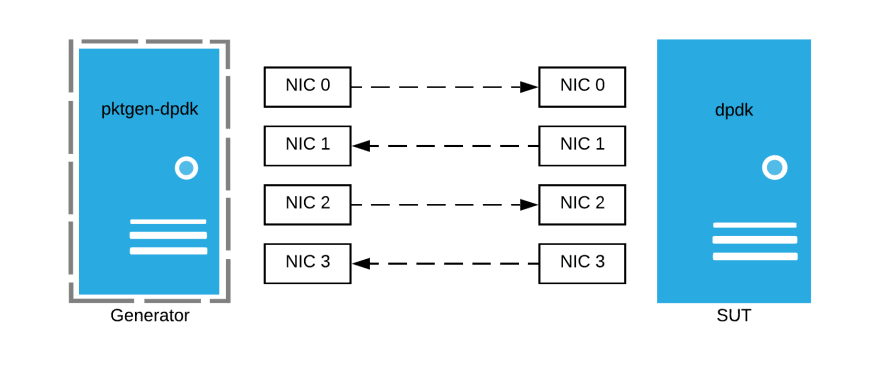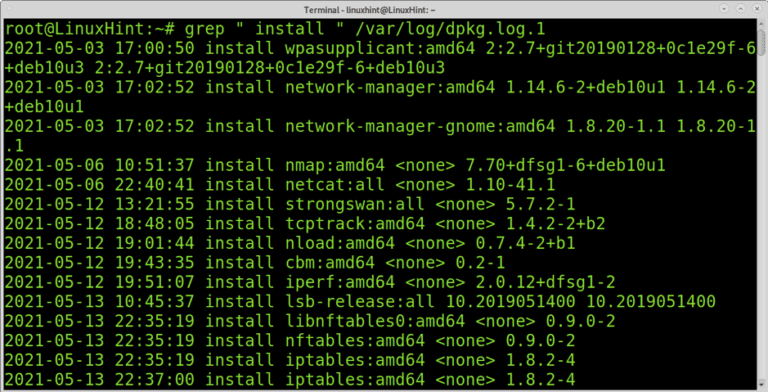
deb files are all located in the current directory. If the simulated command completes successfully, run the following command to install b. b before installing any of these manually downloaded dependency packages in order to check if these packages have any unmet dependencies themselves. deb files of these missing dependency packages in order to install b. To install dependencies with dpkg, users can utilize the -f option to fix broken dependencies. How to Install dpkg Dependencies Automatically is discussed in this. Step 1: Install Dependencies Automatically. You will need to manually download and install the. deb is an extension for the Linux Debian software packages and their derivatives. The above command will not install anything, but it will print a message listing any dependencies of b that do not exist in the default Ubuntu repositories. to install the minimal dependencies for compiling and installing the Git binaries. deb file located in the current directory that you are trying to install. If you want to install the basic Git tools on Linux via a binary. Where b should be replaced by the name of a. b # This command does not require sudo. Then open the terminal, change directories using cd to the directory containing b, and type: apt install -simulate. The following packages have unmet dependencies: linux-image-generic : Depends: linux-image-5.15.0-67-generic but it is not installed linux-modules-extra-5.15.0-67-generic : Depends: linux-image-5.15.0-67-generic but it is not installed or linux-image-unsigned-5.15.0-67-generic but it is not installed E: Unmet dependencies. The repository also provides a host of packages that are needed as dependencies when installing other applications. deb file and its missing dependencies with the same command, you will need to update your installed software with sudo apt update. Install EPEL Repository on Rocky Linux Next, enable the Powertools repository which provides developer tools and libraries.

deb file's dependencies and installs the. No need to install apt-rdepends, there is a command that you can use with some extra arguments (dpkg-query maybe or something), but I forgot which one it is. Not all.If you need to run a command that automatically resolves all of a. sudo dpkg -i package name We’re installing the VLC player on our Ubuntu system. We can install a deb package in Ubuntu or Debian using the dpkg -i command option. This ONLY SHOWS what depends are in the first package. The most basic use of the dpkg command in Ubuntu is a package installation.

I also had to dig through StackOverflow/AskUbuntu for ALL of this.

I know this question is very old, but it is possible.


 0 kommentar(er)
0 kommentar(er)
